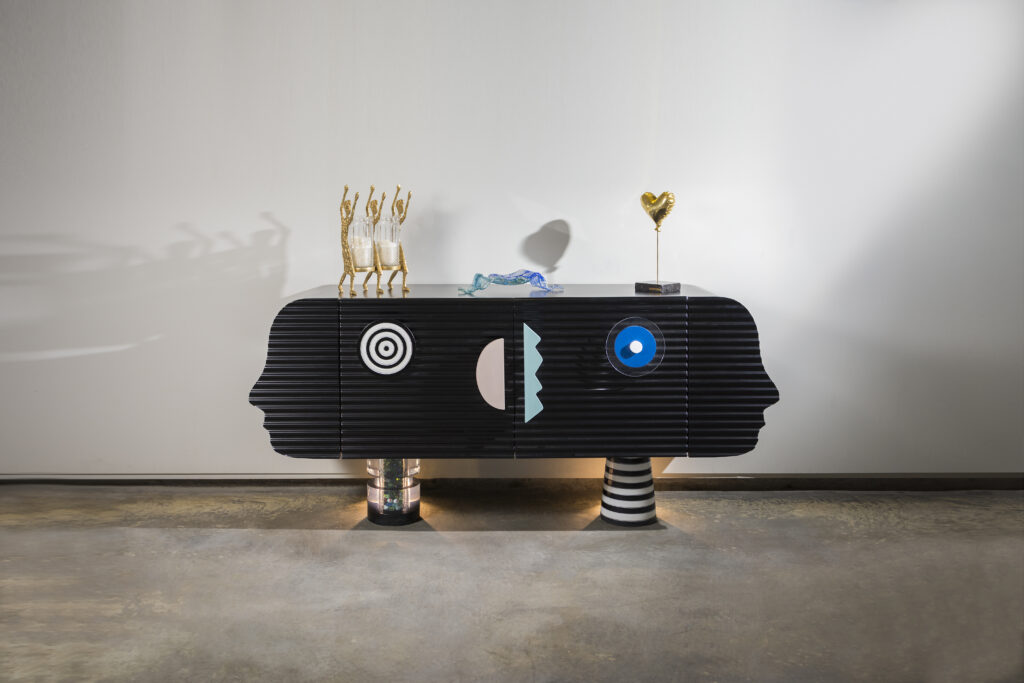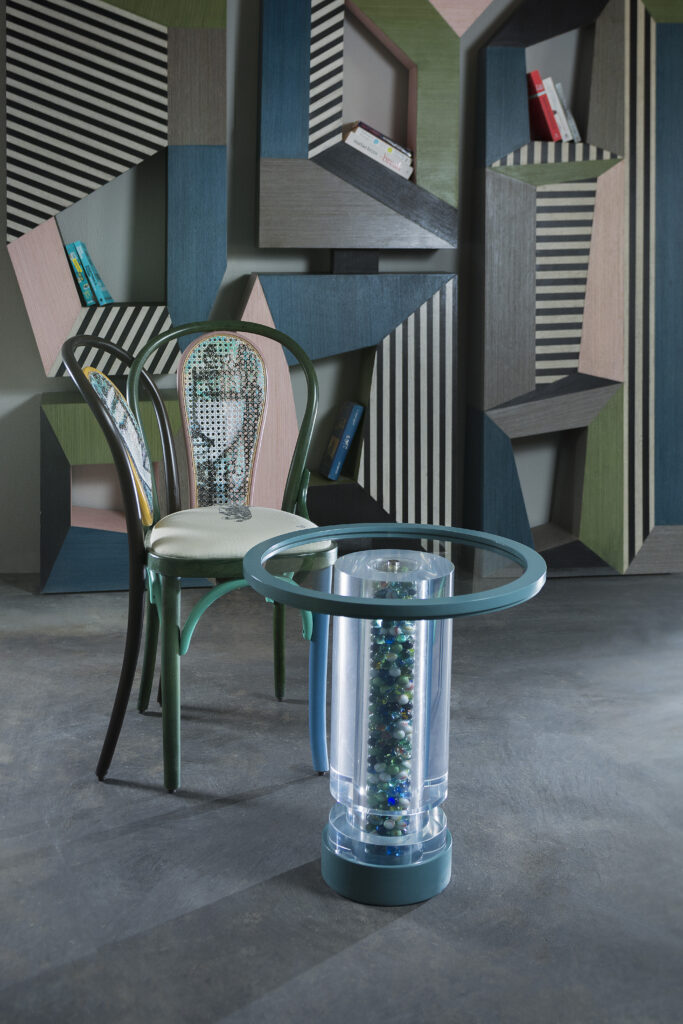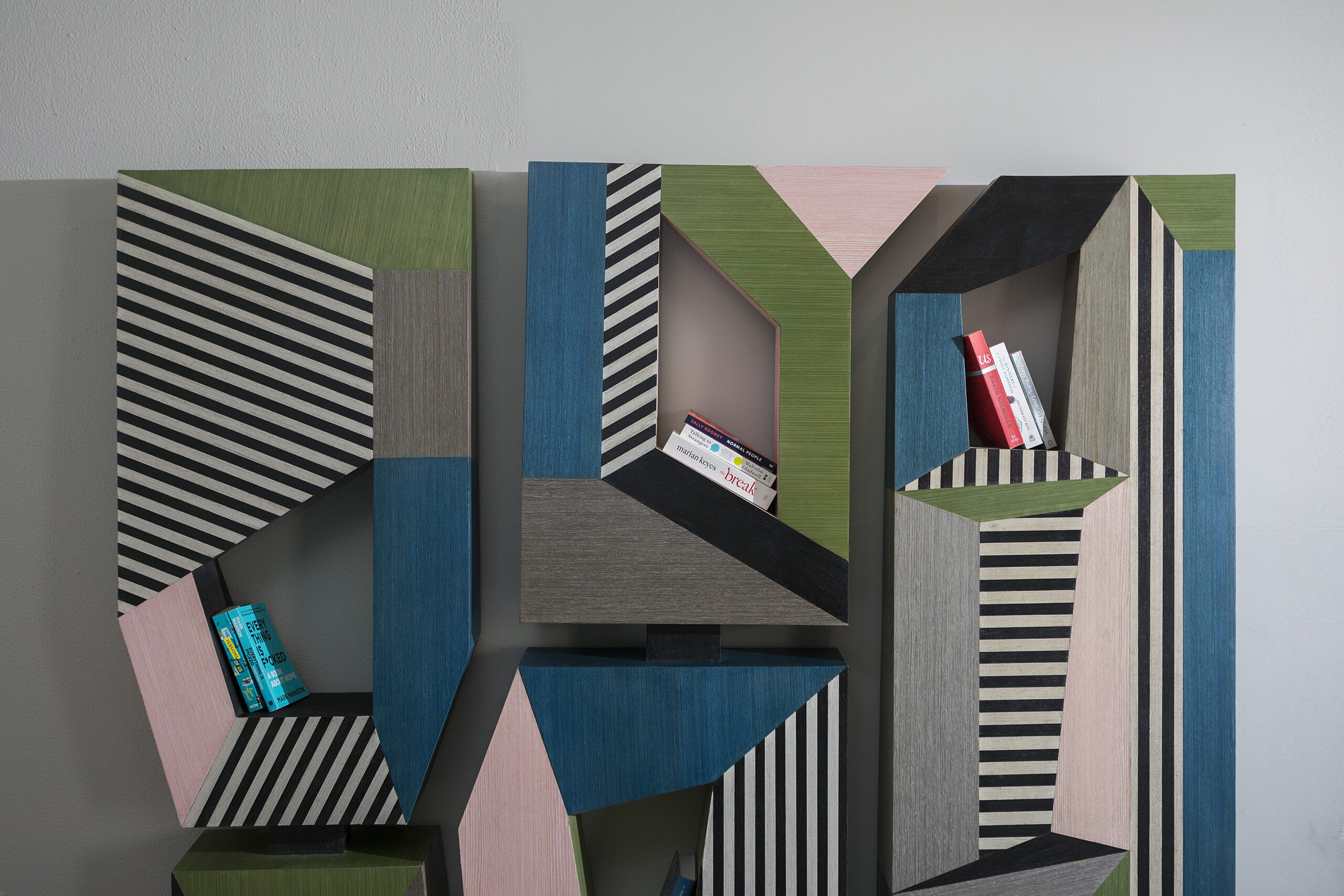With the help of new internet of things (IoT) technologies and immersive technologies like augmented reality, 3D rendering, and computer vision, the furniture industry is finally having its online moment incorporating virtual and augmented reality (VR and AR) showrooms and interior design plans.
E-commerce boomed in the 1990s globally with more and more categories transitioning into the online space over the past two decades for its accessibility. Consumer trends began leaning towards digital platforms such as Amazon to meet their merchandising needs.
There is a clear reflection of global consumer trends in the Middle East and North Africa region. According to PwC’s Global Consumer Insights Pulse report, consumers are divided when it comes to e-commerce use. While nearly 45% of regional consumers shop via their smartphones regularly, in-store shopping remains the preferred channel for frequent purchases in the region.
According to Ghada Adam, senior managing director at Adam for Immersive Technologies Possibilities in Business, digital technology is cost-effective. This makes it much more accessible, especially for the furniture sector, because it eliminates the logistics costs of showrooms, shipping, and staff.
However, customers in Egypt might not be ready to fully commit to online purchases when it comes to emerging local furniture brands just yet. Instead, these technologies are used as a marketing tactic to drive customers to showrooms; and ultimately, the checkout counter.

Thinking digitally
After short videos on Instagram and TikTok gained traction in 2020, small furniture businesses began incorporating such content as a marketing tool to grow their customer base.
When Eslam ElDemerdash, CEO and founder of the luxury home furniture brand Valero, decided to tap into the furniture market, he was keen

on communicating the “feel” of his products. “I wanted customers to see how the items would look in their home, not in a showroom,” ElDemerdash said.
So, he began filming videos using his phone to shoot reels of the items after being furnished at the customers’ homes. The reels helped his potential customers imagine how the items would fit in their homes, ElDemerdash explained. This grew Valero’s followers 5 fold and exposed the brand to more customers.
A few months after Valero launched, ElDemerdash opened his first showroom to showcase the quality of his products and textiles before purchase. “Customers are not yet ready to fully commit to big-ticket online purchases,” he said.
While furniture businesses have increased reliance on social media and digital platforms, consumers still need to go to showrooms because companies use these media as a point of purchase, according to Adam. Therefore, customers still need showrooms to confirm the quality of the products they see online.
Alongside the innovative use of social media, furniture e-commerce platforms have been seeking new ways to transition customers to the online front. In June 2022, Egyptian startup Beyooot launched its application and website with a total capital of EGP 5 million.
The furnishing platform employs augmented reality (AR) technology, allowing customers to preview items in the space before purchasing. It hosts a wide range of home furniture items from beds to desks designed by Egyptian designers and manufactured in Egypt.
Export market
Local furniture brands are also seeking to export as a major revenue stream to become globally renowned brands. Regional markets such as the United Arab Emirates (UAE), Saudi Arabia, Sudan, and South Africa are key furniture importers with great potential, according to ElDemerdash.
Furniture exports to the UAE hit $34 million in 2021, while furniture exports to Saudi Arabia reached $58 million in the first 11 months of 2021, according to data from the Egyptian Furniture Exports Council (EFEC).
In the first quarter of 2022, furniture exports in Egypt reached $183 million with a 20% year-on-year growth. Egypt’s furniture exports increased by 7% year-on-year to $236 million during the first 11 months of 2021, compared to $219 million. The furniture industry employs 13% of Egypt’s industrial workers and contributes 0.3% of GDP and 2.2% of non-oil industrial GDP.
On the back of the growing opportunity in the international furniture market, Beyooot launched with a focus on aiding local manufacturers to export their furniture to other markets.
“It provides marketing and advertising campaigns to ensure the highest traffic rate, with integrated customer service and a technical support system. Also, we have logistic support services in Saudi Arabia and other Gulf countries,” CEO & co-partner of Beyooot Hussain Talaat told local media outlet Ahram Online.
Meanwhile, Egyptian designer Fahmy has been building her brand for years to expand to other markets. Last December, she launched a new sub-brand called R Kan Edition, which creates functional art – aesthetic objects that have a functional use.
R Kan Edition collection aims to introduce Egypt to functional art while introducing the international market of high-end Egyptian furniture, said the founder. The primary clientele of functional art is similar to any other art form, art collectors. As a result of its global exposure, R Kan Edition can attract international clients who appreciate Egyptian contemporary art.

Hurdles ahead
In 2005, a Ministerial decree established the EFEC to support the Egyptian furniture sector through various services and activities, including business strategy consulting, export opportunities and matchmaking services, and participation in international exhibitions. These services are only available through a membership program.
“The government strategy as of late has been to promote local production of goods to reduce import reliance, and improve the exports market,” ElDemerdash highlighted, “There is huge support from the government side in supporting Egyptian furniture brands to participate in global exhibitions and export their products by facilitating paperwork and baring the majority of the costs.”
Fahmy noted that Egypt has a massive opportunity in the furniture export market by leveraging its high-quality material and unique designs. However, while the government supports local businesses and designers in exporting their furniture products, the process is not seamless and slow-paced.
“It takes such a long time to get the paperwork done and the process is not straightforward I need to deal with multiple entities at the same time which wastes a lot of time,” she said. She recommends that Egypt streamlines and expedites the paperwork process for brands that want to export and those who want to participate in international exhibitions.
Fahmy also suggested that there needs to be support for when brands want to send their furniture back to Egypt after these events conclude because the import process is completely separate. If done right, she believes it could change the future of furniture exports in Egypt.
Furniture is one of the fastest-growing segments of US online shopping categories, amassing 18% in 2015, second only to groceries, said a Barclays report. According to IBISWorld,15% of the $70 billion US furniture sector has shifted online. In Egypt, the furniture category is making its waves in the e-commerce industry with multiple online furniture platforms like Beyooot and Homzmart gaining traction in recent months.







